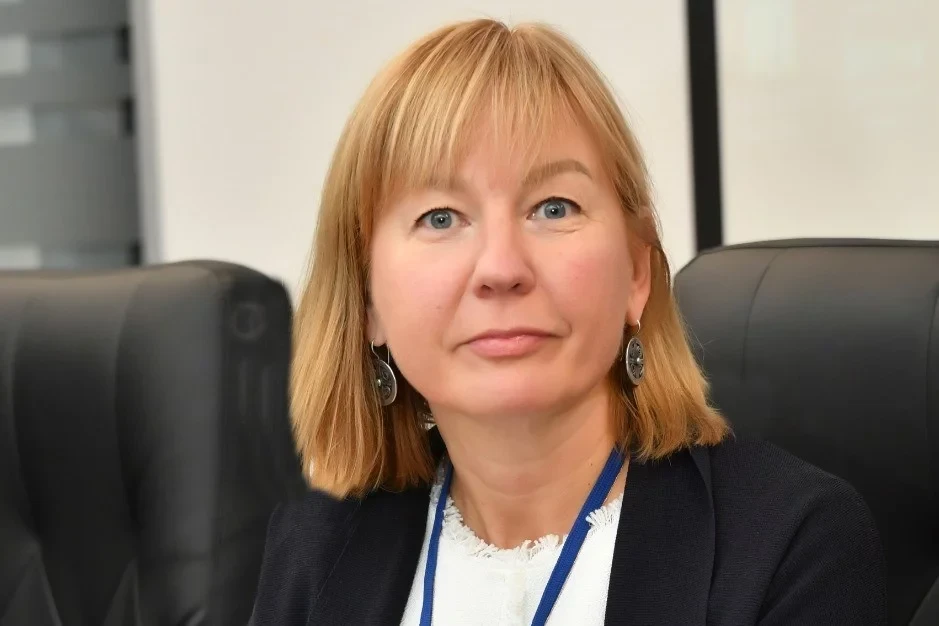Nagorno-Karabakh has been in the center of UNESCO's attention for many years.
The organization is concerned about the reports of alleged destruction of cultural values of different origins and types. Christa Picat, director of UNESCO's Organization for Culture and Emergency Situations, secretary of the Hague Convention of 1954 and its two protocols (1954 and 1999), announced this in a conversation with "Armenpress".
Responding to the question of what is UNESCO's position on the issue that after the military aggression unleashed against Nagorno Karabakh in September 2023, Azerbaijan took the entire territory of Nagorno Karabakh under its control and began to systematically destroy the local Armenian cultural heritage, Picat answered: "The Nagorno-Karabakh region has been in the center of UNESCO's attention for many years. We have received reports from all stakeholders about the alleged destruction of cultural property of various origins, species and variety. That is why UNESCO is keeping the situation under control with concern."
He explained that the Director General of UNESCO also expressed his desire during the recent conflict to send a UNESCO technical mission to the region to assess the situation and understand the needs and how UNESCO can help preserve and protect this region. diverse heritage. "Discussions with interested parties have been held at the highest level about sending a mission, its composition, as well as what will be the focus of the mission. Now that the situation has changed, this mission can no longer be sent under the 1954 Hague Convention for the Protection of Cultural Property in the Event of Armed Conflict.
We are now discussing with the Azerbaijani authorities how we can support them," said Krista Picat. He added that given the fact that the population of Nagorno-Karabakh had to flee and settle in Armenia, last year UNESCO sent a mission to Armenia led by the Assistant Director General for Culture to offer the organization's support and assistance and ensure that their needs are met. both educationally and socio-psychologically. "In addition, the sent mission also tried to understand how we can support, for example, the preservation of the intangible cultural heritage, the preservation of the living heritage that these communities have.
It's very important for us that the community actually discusses what are its customs and traditions that it needs to preserve," said Krista Picat, emphasizing that if necessary, if there are traditions that are on the verge of disappearing, funds can also be sought. , how to save them. According to him, UNESCO is very eager to work with these communities and, of course, the authorities to provide possible support within the framework of UNESCO's normative instruments in the field of culture.
Turning to the question of whether he considers it possible that the Azerbaijani authorities will allow the UNESCO observation group to get to know and keep under control the Armenian cultural heritage that has existed in Nagorno-Karabakh for centuries, he repeated that the structure is under discussion with the Azerbaijani authorities. with. "I would also like to note that now in 1954 The Hague Convention has an ad hoc monitoring mechanism that can be triggered by any member state.
So it is also the decision of the member countries and the committee how UNESCO can engage and support countries," concluded the Director of UNESCO's Organization for Culture and Emergencies.


